Henry Charles Bukowski Jr. was an American writer and poet of German origin.
He was born in Andernach, Germany, on August 16, 1920.
He moved to Los Angeles with his family when he was still a child, where he would suffer a tormented childhood.
His father was a violent man, and Charles found comfort in writing and alcohol from a very early age.
He left his father’s house at 20 and started living a vagabond existence, sleeping in the park at night and working only occasionally. In the meantime, he was writing and sending his work to literary newspapers.
He published his first short story, Aftermath of a Lengthy Rejection Slip, at 24. Then, in the 1950s, he began writing poetry.
The main themes of his compositions were sex, alcohol, horseracing, alienation and his own wandering existence.
Early in the 1960s he started working in the Los Angeles post office.
Bukowski’s turning point came in 1966, when he met John Martin, the director of a stationery company, who offered to publish his poetry on leaflets. The operation proved a success. Martin founded a publishing company and published Bukowski’s compositions in 1968. The public reacted favorably to the collection.
Bukowski resigned from the post office and became a full-time writer. But he didn’t give up his excesses. He spent his days drunk in the bar, and wrote ceaselessly by night.
He collaborated with the magazine Open City, editing the column Notes of a Dirty Old Man. His articles, anecdotes of an indecent and irreverent life, were published in a volume in 1969.
In 1971, he published the novel that would make him famous. Post Office was a memoir of the years he spent working in the post office, told with sarcasm and a taste for the grotesque.
During the 1970s, he published collections of poetry and short stories entitled General Tales of Ordinary Madness and Love is a Dog from Hell. In both works, Bukowski narrated the life he knew best – that of tramps, prostitutes and alcoholics.
In 1978, he published Women, a novel in which he recounted his affairs after years of sexual abstinence.
In the 1980s, he made a foray into the world of cinema, writing the declaredly autobiographical screenplay for the film Barfly.
In 1994, his last novel, Pulp, was published. In it the writer amused himself by distorting the noir genre and ridiculing the codes of traditional narrative. The novel is considered his literary testament. Charles Bukowski died in San Pedro, California, on March 9, 1994. Thanks to his dissolute life and contempt for contemporary society, Bukowski came to be considered the last of the doomed poets.
He was born in Andernach, Germany, on August 16, 1920.
He moved to Los Angeles with his family when he was still a child, where he would suffer a tormented childhood.
His father was a violent man, and Charles found comfort in writing and alcohol from a very early age.
He left his father’s house at 20 and started living a vagabond existence, sleeping in the park at night and working only occasionally. In the meantime, he was writing and sending his work to literary newspapers.
He published his first short story, Aftermath of a Lengthy Rejection Slip, at 24. Then, in the 1950s, he began writing poetry.
The main themes of his compositions were sex, alcohol, horseracing, alienation and his own wandering existence.
Early in the 1960s he started working in the Los Angeles post office.
Bukowski’s turning point came in 1966, when he met John Martin, the director of a stationery company, who offered to publish his poetry on leaflets. The operation proved a success. Martin founded a publishing company and published Bukowski’s compositions in 1968. The public reacted favorably to the collection.
Bukowski resigned from the post office and became a full-time writer. But he didn’t give up his excesses. He spent his days drunk in the bar, and wrote ceaselessly by night.
He collaborated with the magazine Open City, editing the column Notes of a Dirty Old Man. His articles, anecdotes of an indecent and irreverent life, were published in a volume in 1969.
In 1971, he published the novel that would make him famous. Post Office was a memoir of the years he spent working in the post office, told with sarcasm and a taste for the grotesque.
During the 1970s, he published collections of poetry and short stories entitled General Tales of Ordinary Madness and Love is a Dog from Hell. In both works, Bukowski narrated the life he knew best – that of tramps, prostitutes and alcoholics.
In 1978, he published Women, a novel in which he recounted his affairs after years of sexual abstinence.
In the 1980s, he made a foray into the world of cinema, writing the declaredly autobiographical screenplay for the film Barfly.
In 1994, his last novel, Pulp, was published. In it the writer amused himself by distorting the noir genre and ridiculing the codes of traditional narrative. The novel is considered his literary testament. Charles Bukowski died in San Pedro, California, on March 9, 1994. Thanks to his dissolute life and contempt for contemporary society, Bukowski came to be considered the last of the doomed poets.
RELATED
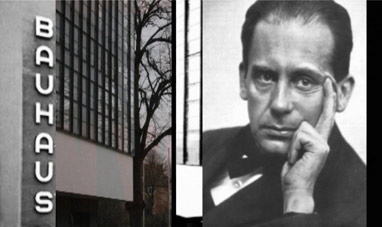

WALTER GROPIUS
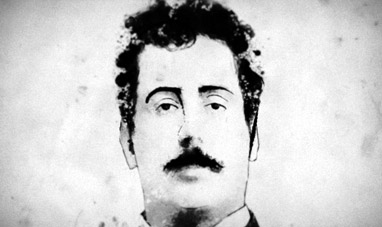

GIACOMO PUCCINI


PRAXITELES
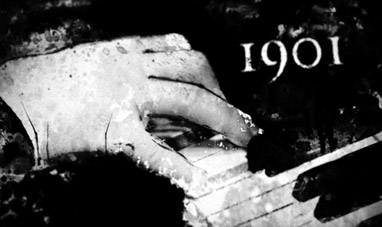

SERGEI RACHMANINOFF
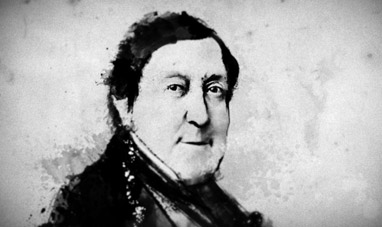

GIOACCHINO ROSSINI
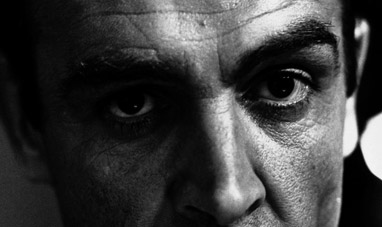

SEAN CONNERY


SANDRO BOTTICELLI


LYSIPPOS
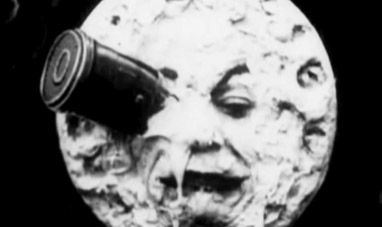

GEORGES MÉLIÉS
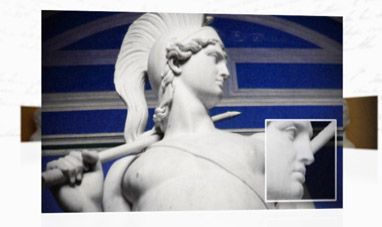

BERTEL THORVALDSEN


DANIEL LIBESKIND
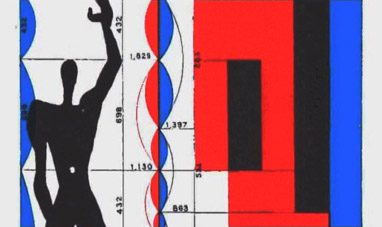

LE CORBUSIER
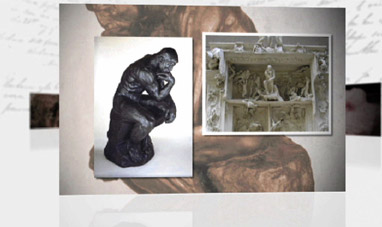

AUGUSTE RODIN
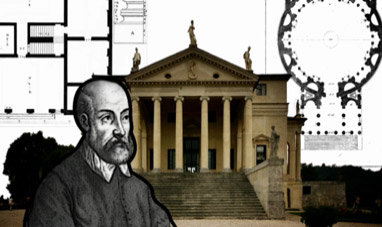

ANDREA PALLADIO
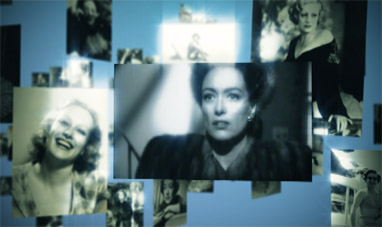

JOAN CRAWFORD


MOBY-DICK
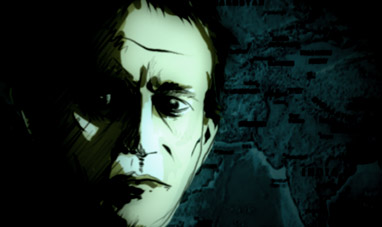

BRUCE CHATWIN
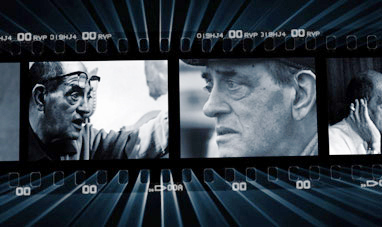

LUIS BUÑUEL
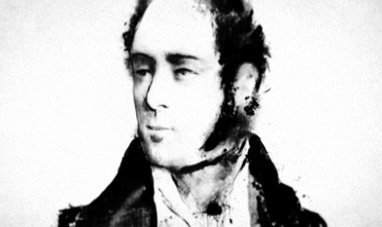

VINCENZO BELLINI
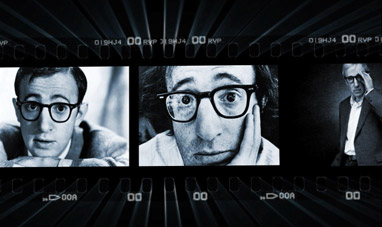

WOODY ALLEN
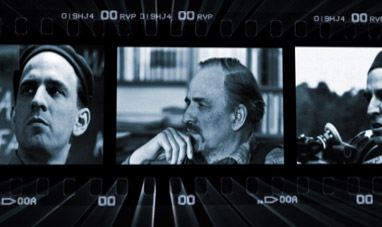

INGMAR BERGMAN


DONATO BRAMANTE
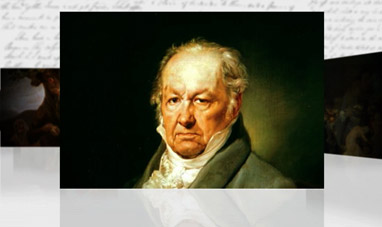

FRANCISCO GOYA


LEON BATTISTA ALBERTI
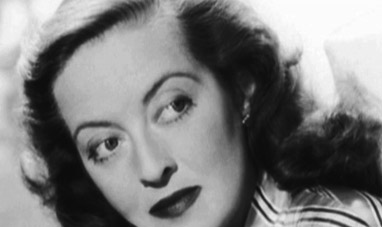

BETTE DAVIS


JOVANOTTI
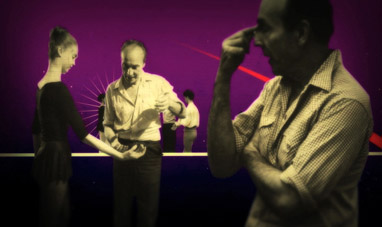

GEORGE BALANCHINE
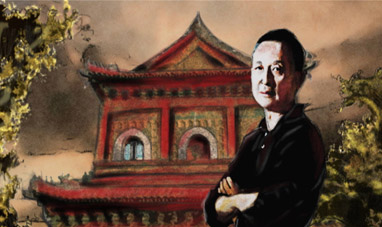

GAO XINGJIAN
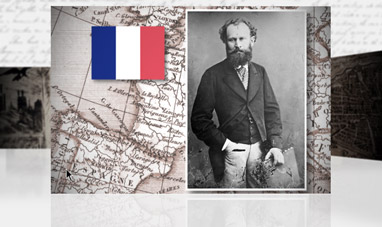

EDOUARD MANET
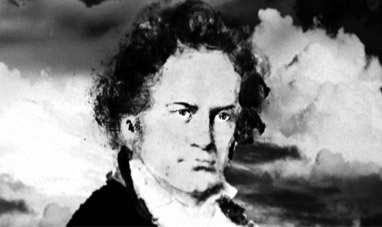

LUDWIG VAN BEETHOVEN


MERCE CUNNINGHAM


EURIPIDES
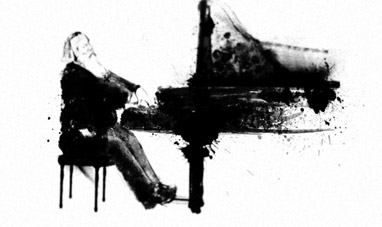

JOHANNES BRAHMS
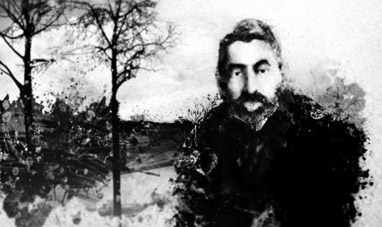

CLAUDE DEBUSSY
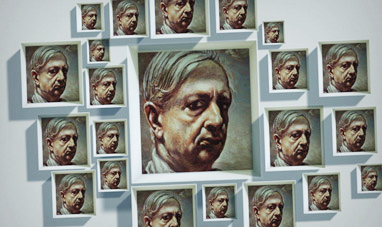

GIORGIO DE CHIRICO
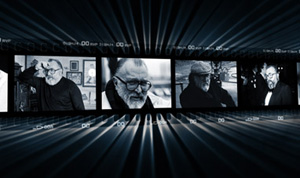

SERGIO LEONE
